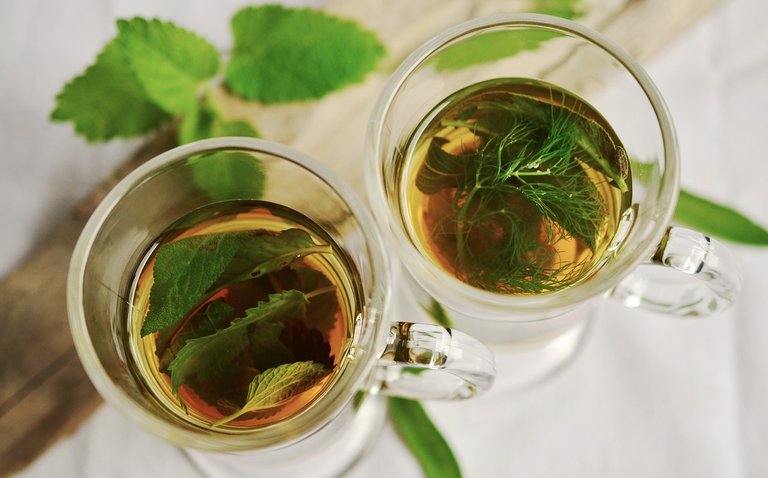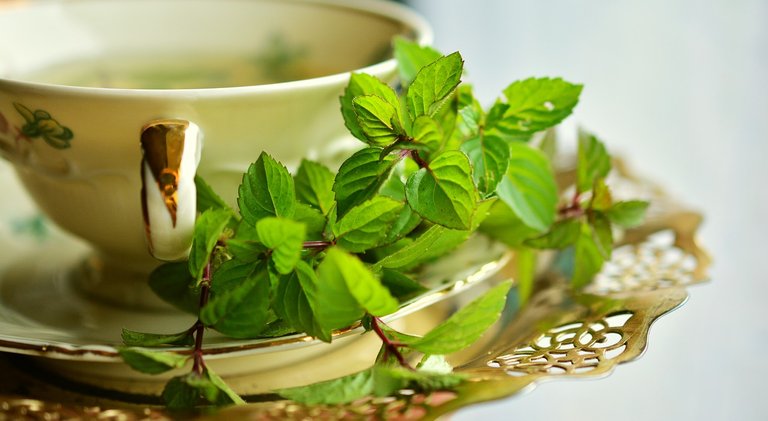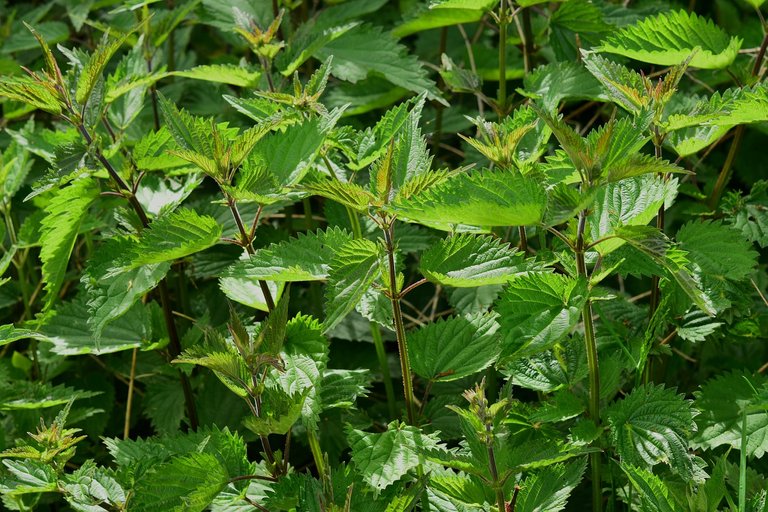Herbs might look rough physically, but the diseases they cure are rather deadly
From earliest times, herbal remedies have been used to treat diseases. 'The Ebers, Papyrus', prepared in Egypt about the 16th century B.C. contains hundreds of folk remedies for various afflictions. Usually, however, herbal remedies were explained orally from one generation to the next.

Western medical herbalism appears to have begun with the work of first century Greek Physicians Dioscorides, who wrote the 'De Materia Medica'. It became the leading pharmacological text for the next 1,600 years. In many part of the world, traditional herbal remedies continue to be popular. In Germany, government health programs may even reimburse the cost of herbal prescriptions.
Although it is sometimes claimed that traditional and folk-remedy herbs are saver than modern pharmaceutical drugs, they are not without their risks. So the questions are not raised: What cautions and recommendations should one take into account when considering herbal remedies? And are there any circumstances under which one form of therapy may be more advantageous?
Herbs have been credited with many therapeutic properties. Some are thought to help the body fight infections. Others are said to aid digestion, settle nerves, serve as laxative, or help regulate the glands.

Herbs may have both nutritional and medicinal value. For example, some plants that serve as diuretics such as parsley, also contain significant amounts of potassium. This potassium in this plant compensate for the lose of this vital trace elements through urination. Likewise, the valerian plant (Valeriana Officinalis) long used as a sedative, is high in calcium. The calcium may enhance the herbs sedative effect on the nervous system.
Herbs can be taken in many ways, such as in teas decoction, tinctures and poultices - Teas are made by pouring boiling water over a herb. But authorities caution that herbs use as teas should generally not be boiled on water. Decoctions made from such teas as herbal roots and bark, are boiled know water to release their active ingredients.
What about tinctures? One book says that these "are herb extractions made with help of pure it diluted spirits of alcohol, or brandy, or vodka." Then there are poultices, which can be prepared know various ways. Usually they are applied to diseased or painful body parts.

Unlike many vitamins and drugs, most herbs are considered foods and are often take alone on an empty stomach. They can also be taken in a capsulated form, which can be more convenient and more palatable. If you decide to take herbal remedies, it is wise to do so under professional guidance.
Traditionally, herbs have been suggested for such conditions as the common cold, indigestion, constipation, insomnia and nausea. However, herbs are also sometimes used for more serious ailments not only as a cure but also as a preventive. For instance, in Germany and Austria, the herbs saw palmetto (serenoa repens) is used as a first-line treatment for benign prostatic hyperplasia (swelling of the prostrate gland). In some countries this disorder eventually affects 50 to 60 per cent of men. It is important, however, that the cause of the swelling be diagnosed by physician to make sure that the condition does not require more aggressive intervention, as in the case of cancer.
In general, herbs are the best gifts the nature could ever bestowed upon us
Blog editor: @klynic
This is so true.
Herbs, one of the essential gift given to humanity. Some of us, we have the cure to our health challenges outside our door but we fail to acknowledge it.
Nice article
Exactly!
The truth is Evey plant we find around us have their medicinal uses. But not so many of us know about this and appreciate these herbs. All we need to do is to learn how we can use these plants to cure diseases that have been threatening Human race.
Thank you for leaving a feedback @dannystone